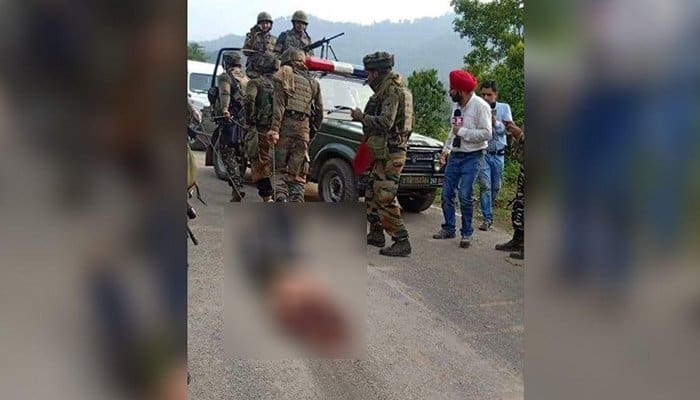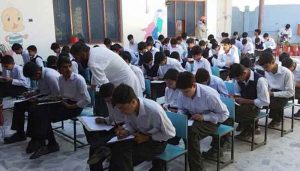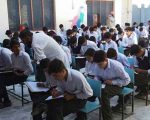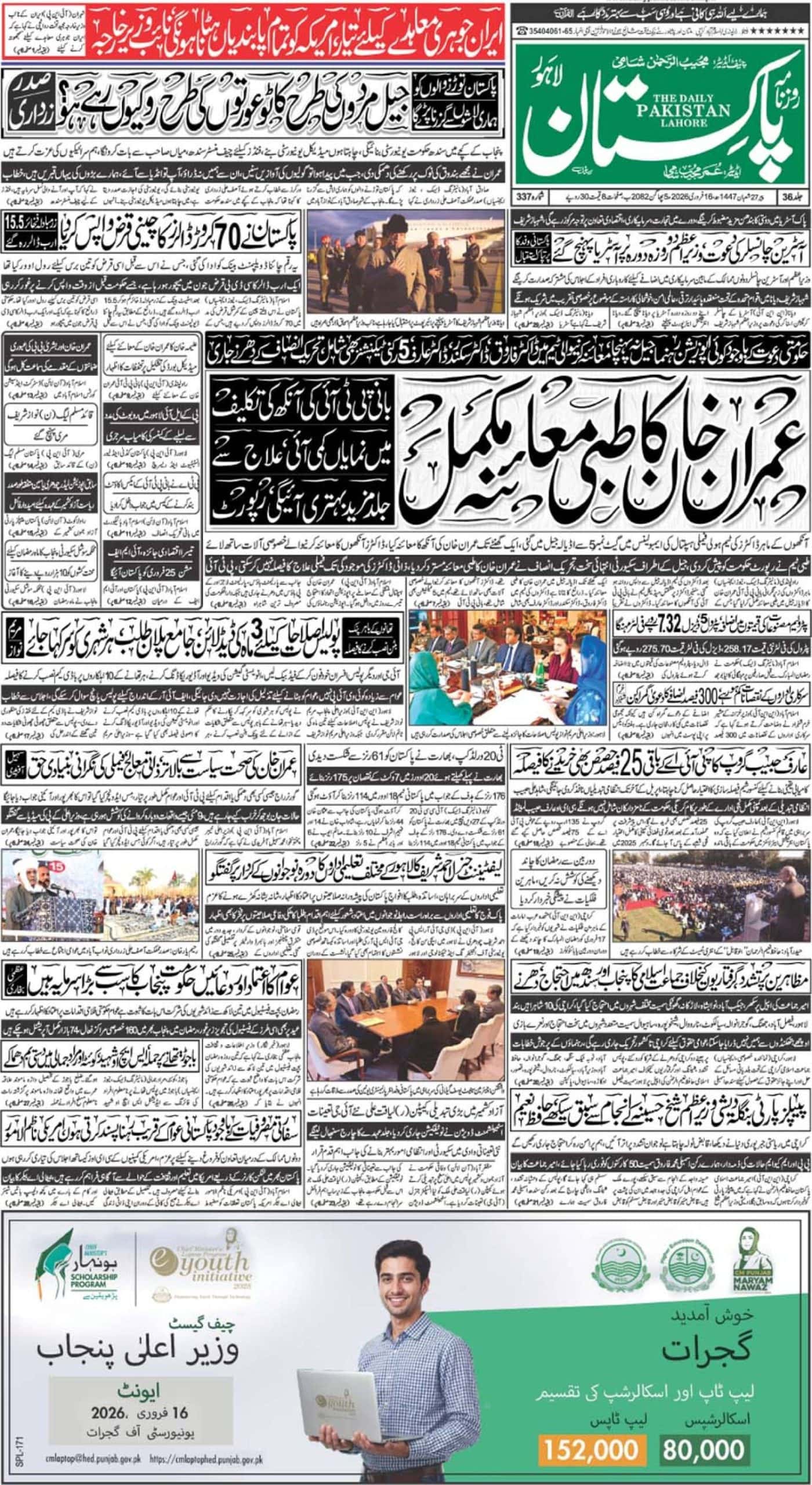SRINAGAR – In another instance of sheer disrespect to a dead body, Indian forces dragged a body of a Kashmiri near the Kakriyal forests in the occupied valley.
A viral photo, which was reportedly captured on September 13 when the forces gunned down five Kashmiris in two separate operations, shows a group of soldiers dragging the body on a road with chains tied to its feet.
An Indian journalist can also be seen in the picture.
The photo has sparked massive outrage, besides exposing the Indian atrocities in the valley about which the United Nations had called for an international inquiry.
https://en.dailypakistan.com.pk/headline/first-ever-un-report-on-kashmir-calls-for-international-inquiry-into-multiple-human-rights-violations-by-indian-army/
Several condemned the Indian forces barbarism in the occupied valley, terming it a violation of international treaties.
https://twitter.com/JKCHR/status/1040634190134423552
I strongly condemn this criminal act against our Kashmir young boy Indian dog ? force should be ashamed dragging dead body . I demand information community take notice .its against human rights . Totally unacceptable.
— Yasmin Azra Asif (@YasminAzraAsif1) September 15, 2018
https://twitter.com/seenmeme/status/1040647230221279232
In June, the UN Human Rights Office highlighted serious violations committed in Jammu and Kashmir from July 2016 to April 2018. Activists estimate that up to 145 civilians were killed by security forces and up to 20 civilians killed by armed groups in the same period, it said.
One of the most dangerous weapons used against protesters in 2016 – and which is still being employed by security forces – was the pellet-firing shotgun. According to official figures, 17 people were killed by shotgun pellets between July 2016 and August 2017, and 6,221 people were injured by the metal pellets between 2016 and March 2017. Civil society organizations believe that many of them have been partially or completely blinded.
Chronic impunity for sexual violence also remains a key concern in Kashmir. An emblematic case is the Kunan-Poshpora mass rape 27 years ago when, according to survivors, soldiers gang-raped 23 women. “Attempts to seek justice have been denied and blocked over the years at different levels,” the report says.
Mountainous Kashmir, which is Muslim majority, is divided between the nuclear-armed neighbors, who both claim it in full and have fought two of their three wars over the region since their separation in 1947.














